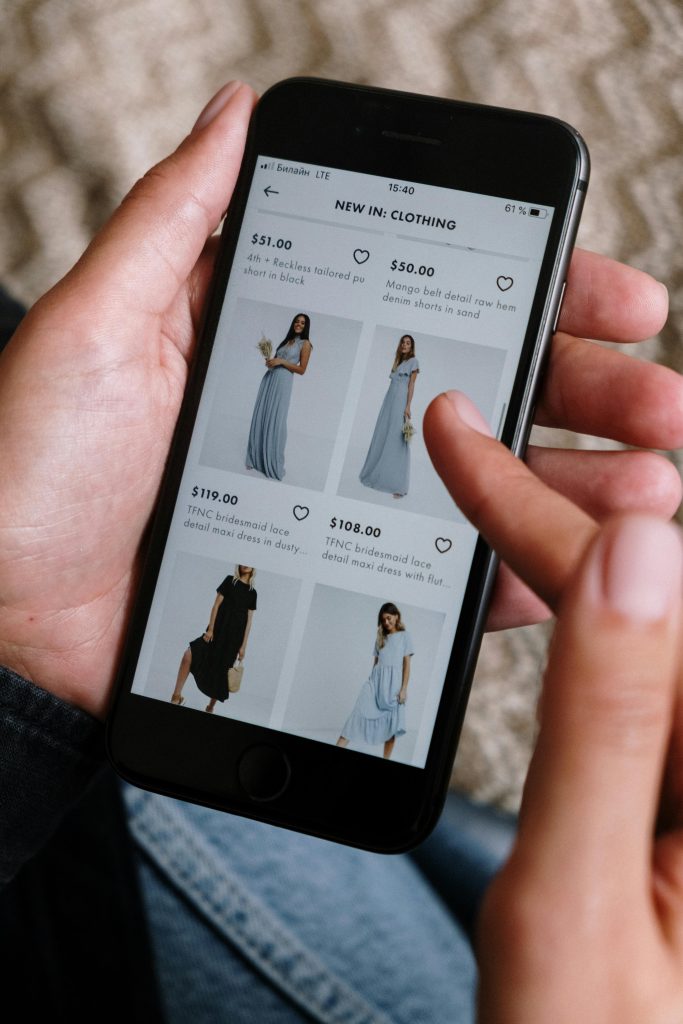Trust is a non-negotiable in today’s economy. For obvious reasons, businesses that are trusted are more lucrative and more loved than their competitors. However, time has told that trusted brands also outlast their competition. Trust consistently emerges as the common denominator between the world’s longest lasting companies, proving to keep them afloat through every new fad, wave and trend.
In a September 2017 article for the Open Government Partnership, corporate governance expert May Miller-Dawkins was emphatic regarding the role of trust in achieving business longevity. “Companies interested in lasting for the long term understand that maintaining trust translates to stronger brand reputation, a more reliable social license to operate, and an ability to attract and retain talent and capital. Trust is the foundation of long-term business success.”[1]
At about the same time I came across this article by Miller-Dawkins, a colleague shared another revealing and significant piece of research with me – something called the Future Brand Index. This index is a global perception study that ranks PwC’s Global Top 100 Companies by how fit for the future each brand is. In other words, their prospects for enduring and succeeding over the long haul.
In looking through the 2019 Future Brand Index results, what is immediately apparent are the similarities to the Harris Poll Reputation Quotient rankings. For instance, Apple, Samsung and Nike each score well on both indexes.
It is perhaps unsurprising that relatively young, cool and vibrant brands such as these would be considered future-fit and on track to succeed for many years to come. However, what I found more revealing was that a number of much older brands ranked just as highly – Coca Cola, Johnson & Johnson, Disney, Nestle and 3M.
As the report’s authors point out: “The FutureBrand Index reveals that it may not necessarily be ‘new era’ brands that are best placed to thrive in the future. A number of pre-millennium, long-established and familiar companies are showing resilience and renewed momentum in all the upheaval.”[2]
When examining why this is the case, it’s hard to look past the role that trust has played and will continue to play in achieving enduring business success. According to Clare Chapman of the UK’s Purposeful Company Task Force, the historical data is indeed compelling. Companies that operate without a focus on social and environmental responsibility never last the distance. According to Chapman, short-term and purely profit-focused thinking is “the fastest way to run a business into the ground.”[3]
Having spent the best part of a decade examining the causal factors in the demise of brands ranging from Kodak to Nokia, Yahoo and Motorola, what is abundantly clear is the significant role that taking customers for granted had played, as it resulted in the loss of their trust and affinity. Motorola for instance fell into the trap of arrogantly taking their customers and retail partners for granted with the release of its StarTAC phone in 1996. The world’s number one cell phone maker at the time, Motorola assumed it could demand retailers and carriers play by its rules. Amongst other trust-eroding missteps, Motorola dictated that in order to be able to stock the StarTAC phone, as much as 75% of retailers’ inventory had to be Motorola. The company went further, stipulating that retailers showcase StarTAC devices in stand-alone displays in-store.
Naturally, retailers and phone carriers reacted badly to Motorola’s strong-arm tactics and the pushback gave competing phone manufacturers the opening they had been waiting for. The subsequent fall for Motorola was as spectacular as it was embarrassing. The company went from industry leader with 50% share of the mobile phone market in the mid 1990s to a mere 17% in 1999.[4]
Legendary electronics brand Sony fell into a similar trap and had a brush with obsolescence as the post-CD age dawned. Rather than embrace the MP3 format, Sony arrogantly assumed that their market dominance meant they could ‘own’ the entire music ecosystem and therefore attempted to coerce consumers into using their proprietary ATRAC format. While Sony was attempting to force the market’s hand, audio file sharing services like Napster were quickly making the MP3 format ubiquitous. By the time Sony realized it was quickly losing the affinity of the marketplace, Apple had dealt it a final blow with the release of the iPod – a product that all but killed off Sony’s Minidisc product.
The companies that last are trusted, but what they also demonstrate is an ability to change with the times – a crucial quality for a business intending on lasting longer than a generation. However, what may be easy to overlook is the role that trust plays in enabling this adaptability. Companies that abuse the trust of customers will of course quickly lose business, but they may also lose the right to risk. Business journalist Tony Featherstone argues that a compelling reason trust is directly related to longevity in brands is that it gives businesses permission to innovate. “Consumers allow organisations they trust to take risks, experiment and move into new markets. They tolerate occasional stuff-ups because they know the organisation does the right thing, even when it is inconvenient,” Featherstone suggests.[5]
Beyond this, companies that foster relationships of trust internally will enable the level of psychological safety necessary for a culture of innovation. Employees that can trust their leaders and each other are far more likely to take risks, initiate projects and collaborate on ideas than those that work within a culture of fear. Customers that trust companies will give them the room to innovate; employees that trust their companies will make the innovation happen.
In the words of former CEO of GE Jack Welch: “When the rate of change outside an organization exceeds the rate of change within it, the end is near.” In an era where the pace of change is faster than ever, the will and capacity to innovate is crucial for any brand that wants to last the distance. Trust gives brands the levity they need to implement the changes they must if they’re to stay in the game.
Businesses that are keen to last the distance cannot overlook the necessity of building trust with customers and employees alike. The ability to win and keep customers, as well as the right to risk in pursuit of innovation, are both founded on the trustworthiness of the company. Businesses and brands that maintain their stability as well as remain at the cutting edge are the ones that understand that trust is their most vital currency.
_______________________________________________________________________________________
Michael McQueen is a trends forecaster, business strategist and award-winning conference speaker.
He features regularly as a commentator on TV and radio and is a bestselling author of 9 books. His most recent book The New Now examines the 10 trends that will dominate a post-COVID world and how to prepare for them now.
To see Michael speaking live, click here.
For more information on Michael’s keynote speaking topics, michaelmcqueen.net/programs.
________________________________________________________________________________________
[1] Miller-Dawkins, M. 2017, ‘The Business Of Trust: How Companies Can Build Credibility’, Open Government Partnership, 12 September.
[2] Blake, S. 2018, ‘The Future Brand Index 2018/2019’, FutureBrand.
[3] Edgecliffe-Johnson, A. 2019, ‘Beyond The Bottom Line: Should Business Put Purpose Before Profit?’, Financial Times, 4 January.
[4] Collins, J. 2009, How the Mighty Fall, Random House Business Books, London, pp. 28, 29
[5] Featherstone, T. 2018, ‘Why Business Has A Trust Problem’, The Sydney Morning Herald, 22 February.










